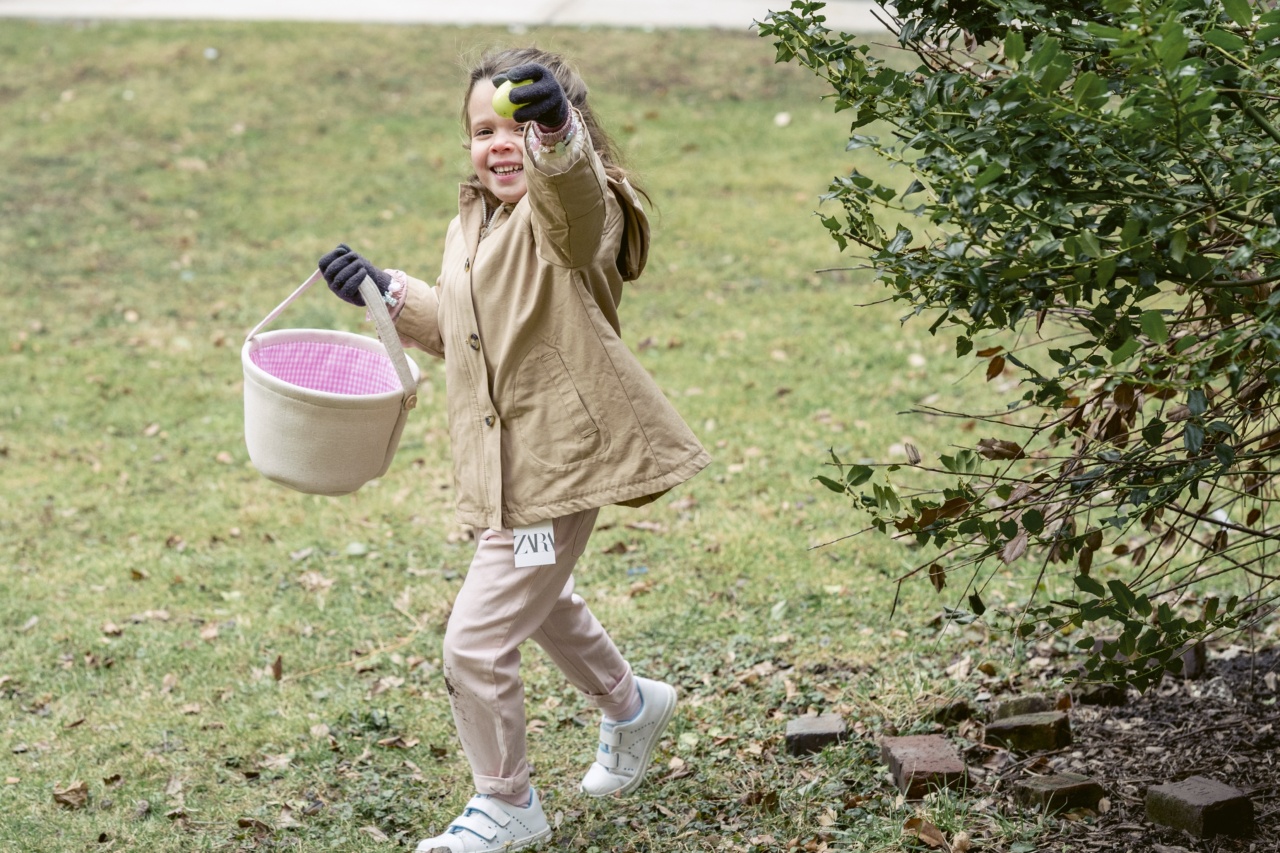In today’s fast-paced world filled with technology and sedentary lifestyles, it is becoming increasingly important to encourage children to engage in physical activity.
Besides its well-known benefits for overall health, new research suggests that active children experience a lower risk of developing colds and other respiratory infections. This revelation highlights the importance of promoting an active lifestyle from an early age to support immune function and prevent illness.
The Impact of Physical Activity on the Immune System
The immune system plays a crucial role in defending the body against pathogens, including viruses responsible for the common cold.
Physical activity has long been known to have positive effects on the immune system, boosting its function and helping it respond effectively to illnesses. Studies have shown that regular exercise enhances immune activities, such as the production of antibodies, while reducing inflammation and promoting the circulation of immune cells.
Reduced Risk of Illness in Active Children
Research specifically focusing on the relationship between physical activity and the risk of developing colds has yielded fascinating results.
A study published in the Journal of Pediatrics found that children who engaged in regular moderate to vigorous physical activity had a lower incidence of respiratory infections compared to their sedentary peers. The research involved monitoring a large group of children for a specific period, tracking their physical activity levels, and recording instances of respiratory illnesses.
The findings revealed a clear inverse relationship: the more physically active the children were, the lower their risk of developing colds. This trend held true even when accounting for other factors such as age, sex, and socioeconomic status.
The results suggest that physical activity is an independent and significant factor in reducing the susceptibility to respiratory infections.
Boosting the Immune System with Exercise
Regular physical activity not only reduces the risk of catching a cold but also strengthens the immune system itself.
Exercise increases blood flow, allowing immune cells to travel more freely throughout the body and identify and eliminate invading pathogens. Moreover, exercise has been shown to enhance the production and activity of natural killer cells, which are essential in defending against viral infections.
In addition to improved blood circulation, physical activity also promotes the release of stress-reducing hormones, such as endorphins. Chronic stress weakens the immune system, making individuals more susceptible to illnesses.
Engaging in regular exercise helps reduce stress levels, effectively bolstering the immune response and lowering the risk of colds.
Preventing Colds through Active Play
Rather than enforcing strict exercise regimens, encouraging active play in children can be an effective and enjoyable way to promote physical activity.
Active play incorporates a variety of movements and exercises, such as running, jumping, and climbing, which stimulate different muscle groups and promote cardiovascular health.
Parents and caregivers can encourage active play by providing access to safe outdoor spaces, such as parks and playgrounds.
Playing with their peers, whether in organized sports or unstructured playtime, not only helps children develop important social skills but also supports their immune system. Engaging in physical activities with friends enhances motivation and makes exercise more enjoyable, ensuring long-term adherence to an active lifestyle.
The Role of Diet in Immune Function
In addition to physical activity, nutrition plays a vital role in supporting immune function.
A well-balanced diet rich in fruits, vegetables, whole grains, and lean proteins provides the necessary nutrients and antioxidants to maintain a robust immune system. Vitamin C, found in citrus fruits, bell peppers, and strawberries, is particularly important for strengthening immune responses.
Ensuring that children have access to a diverse and nutritious diet can further enhance their immune system’s ability to fight off infections.
Promoting healthy eating habits and providing regular meals that include immune-boosting foods can complement the benefits of physical activity in reducing the risk of colds.
Building Healthy Habits for Life
Instilling healthy habits in children from an early age sets them up for a lifetime of well-being and resilience against illnesses.
By prioritizing physical activity and a nutritious diet, parents can help their children develop strong immune systems and reduce the risk of colds and other respiratory infections both in childhood and later in life.
Encouraging active play and engaging in physical activities as a family not only strengthens the child’s immune system but also fosters strong bonds and creates cherished memories.
By emphasizing the joy and fun of exercise, children are more likely to grow up embracing an active lifestyle and reaping the countless benefits it offers.
Conclusion
Recent research provides compelling evidence that active children have a lower risk of developing colds and respiratory infections.
Physical activity plays a crucial role in boosting immune function and enhancing the body’s ability to fight off pathogens. By encouraging children to engage in regular exercise and promoting active play, parents can support their immune system and help maintain their overall health and well-being.































